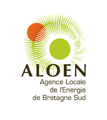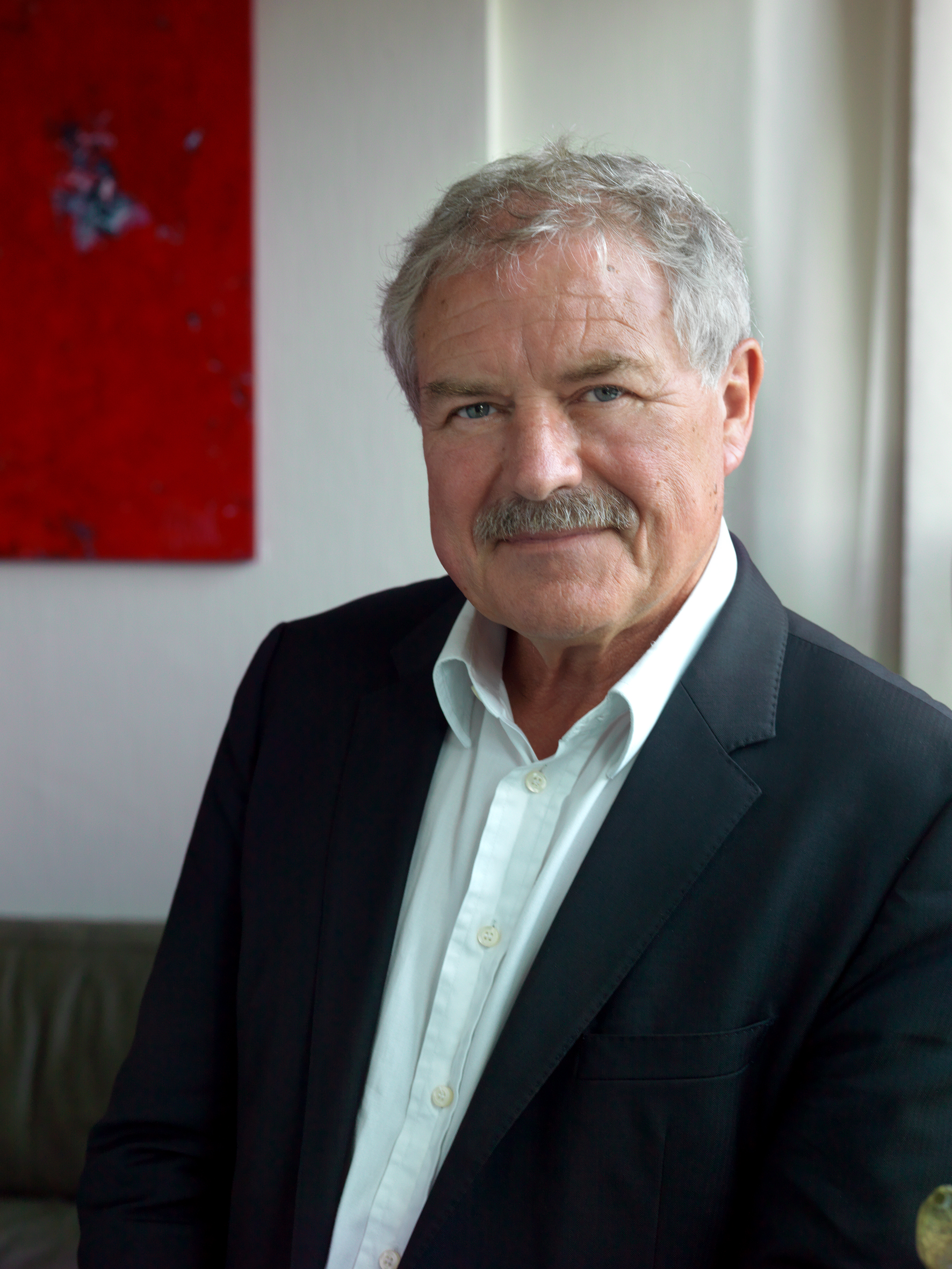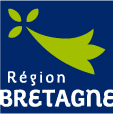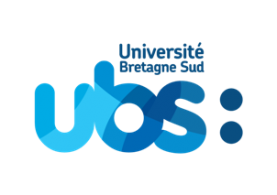Aloen
Agence Locale de l’Energie

The Agence Locale d’Energie (Local Energy Agency) was founded in 2005 by Greater Lorient, the Brittany branch of the French Environmental and Energy Management Agency (ADEME), and the Regional Council of Brittany. A non-profit organisation, it is almost 100% funded by public money (Greater Lorient, the Region, ADEME Brittany, Auray Quiberon Terre Atlantique, social landlords). Underpinned by its neutrality, and spurred on and managed by its members, ALOEN works to encourage and undertake action to rationally use and manage energy, promote renewable energy and help to protect the environment.
ALOEN currently has several aims:
- providing information about and raising awareness of energy, social and environmental issues among citizens and economic players in the region,
- creating a network of local stakeholders (local authorities, organisations, businesses, training bodies, etc.) to accelerate the energy transition in the region: leading the Greater Lorient Innovative Energy Loop, ‘BIEN LA’,
- providing expert knowledge and advice to support local authorities in their housing and energy policies,
- working with social landlords and their tenants to implement participative approaches to tracking energy use,
- developing a resource centre for all residents of the area.
In particular, ALOEN provides support to Espaces Infonergie (Energy Info Spaces, EIEs) in the Lorient and Auray area. Infonergie advisers provide free, neutral and objective information to residents on all topics surrounding energy in the home. ALOEN is part of the regional network of EIEs in Brittany, which currently has 19 branches (there are 240 branches and 400 advisers nationally).
The team is formed of 10 employees.
Within the SOLENN project, ALOEN brings its expert knowledge of helping residential customers to reduce their energy consumption. This is why ALOEN is involved in several sections and tasks within the project:
- external communication,
- involving consumers,
- providing individual information and support (pilot),
- tools supporting local EDM,
- allocating available power,
- trials,
- cost-benefit analyses for households,
- overall assessment and making project recommendations.













